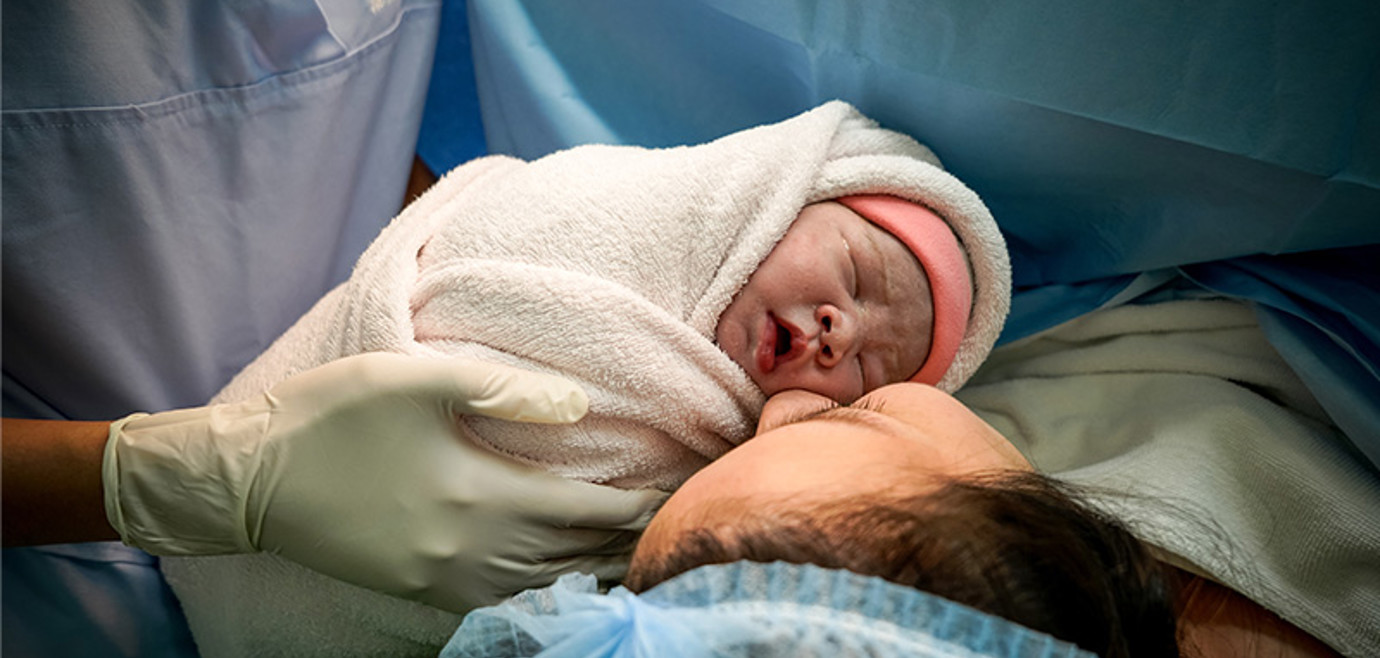
Postpartum haemorrhage is the leading cause of maternal deaths worldwide, resulting in 70,000 deaths every year.
Defined as the loss of 500ml or more of blood in the 24 hours following childbirth, postpartum haemorrhage (PPH) is experienced by more than 14 million women globally each year.
New analysis by Burnet researchers has shown how care bundles can help improve health outcomes for women experiencing postpartum haemorrhage.
Published today in the American Journal of Obstetrics & Gynecology, the study undertook a systematic review of evidence from studies on care bundles for postpartum haemorrhage prevention and management.
It identified the key components of the best care bundles — including routine measurement of postpartum blood loss, effective training of medical providers, and regular measurement and monitoring to drive care improvements.
The research has informed the World Health Organization’s guidelines on the assessment of postpartum blood loss and the use of care bundles for postpartum haemorrhage.
One of the study’s lead authors, Burnet Senior Principal Research Fellow Professor Joshua Vogel, said women worldwide deserved better postpartum care.
“We want to ensure all women receive appropriate care, so they can have a safe and enjoyable birthing experience,” he said.
“No woman should die during childbirth.”
Another of the study’s lead authors, Dr Annie McDougall, said the new guidelines on the use of care bundles could be applied in any setting.
“This is an approach that can be implemented in high-, middle- and low-income countries,” she said.
“We now have a new strategy to reduce PPH-related deaths. It means policymakers and clinicians can move forward in tackling this difficult problem.”
Professor Vogel said the guidelines were the new global standard for postpartum care worldwide.
“This research has provided critical evidence for WHO guidelines, and for other guideline developers internationally. It should reassure people that care bundles are effective — if the right components are used at the right time. Building care bundles into the routine care of women after childbirth can help prevent PPH-related deaths,” he said.
“It is now up to governments, clinicians, and professional societies to take up these guidelines, turn them into training materials and incorporate them into their own policies and health services.”
